Building a Healthier, Greener Future Together
Water is the foundation of life, yet it is a resource that many of us overlook. From turning on the tap carelessly to overusing water in daily chores, small habits add up to big problems. Water conservation isn’t just about cutting back on usage—it’s about respecting nature and ensuring that future generations have access to clean, safe water. Every time we waste water, we deplete precious reserves and contribute to environmental challenges such as droughts and water scarcity.
But conserving water is only part of the equation. Keeping our communities clean plays an equally important role in protecting this vital resource. Waste that litters streets and clogs drainage systems often ends up contaminating local water sources. Plastic waste, chemicals, and garbage not only pollute rivers, lakes, and oceans but also harm animals, plants, and even human health. A clean environment ensures that water remains pure and accessible to all.
t’s empowering to realize that every individual, no matter how small their actions, can make a difference. Simple steps like turning off taps when not in use, collecting rainwater, using buckets instead of hoses, and reporting leaks can help conserve thousands of liters of water over time. At the same time, participating in community clean-up events, reducing single-use plastics, and disposing of waste responsibly ensures that water sources are not contaminated.
Communities that prioritize water conservation and cleanliness also build stronger relationships. Working together on shared goals fosters a sense of belonging and responsibility. Awareness campaigns, workshops, and school programs can educate residents about the importance of protecting water and maintaining cleanliness. Encouraging children to develop eco-friendly habits early on helps build a generation that understands sustainability.
Moreover, water conservation and community cleanliness go beyond environmental benefits. They contribute to better health, reduce the spread of diseases, and enhance the quality of life for everyone. Clean streets, parks, and public spaces are not only visually pleasing but also promote mental well-being and social harmony.
The responsibility lies with each one of us. By making conscious choices in our homes and neighborhoods, we can safeguard water resources and create cleaner, healthier environments. Together, we can be the change that our planet and our communities desperately need. A few mindful actions today can lead to a thriving, sustainable tomorrow—one where nature flourishes, and people live in harmony with their surroundings.








